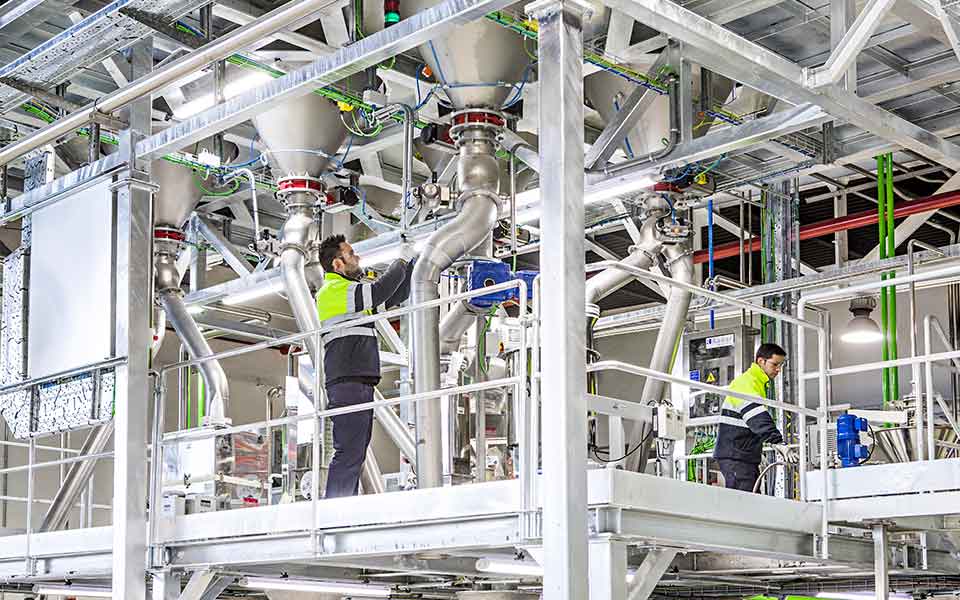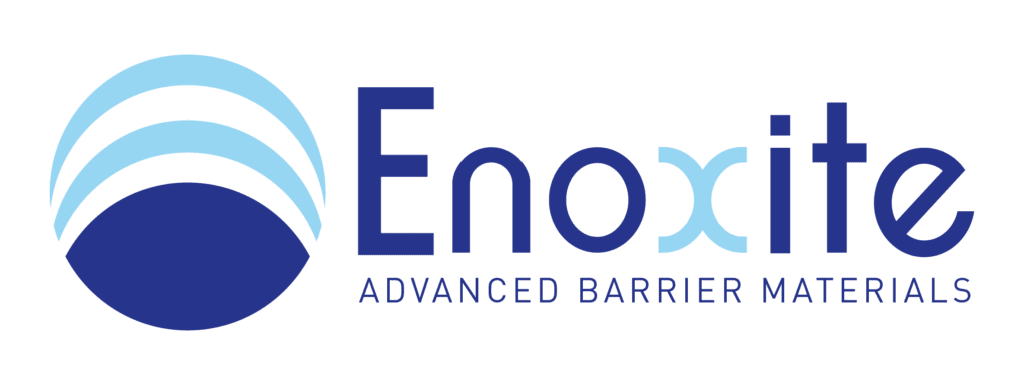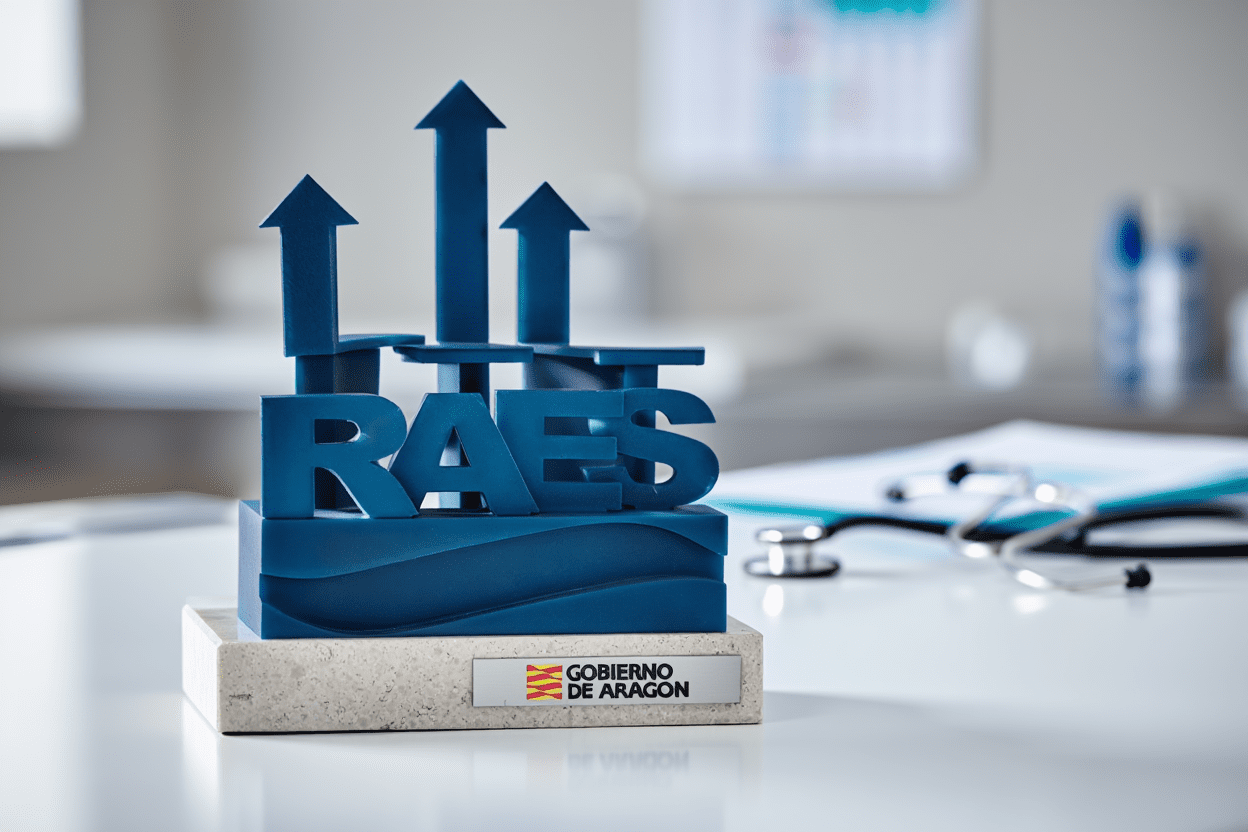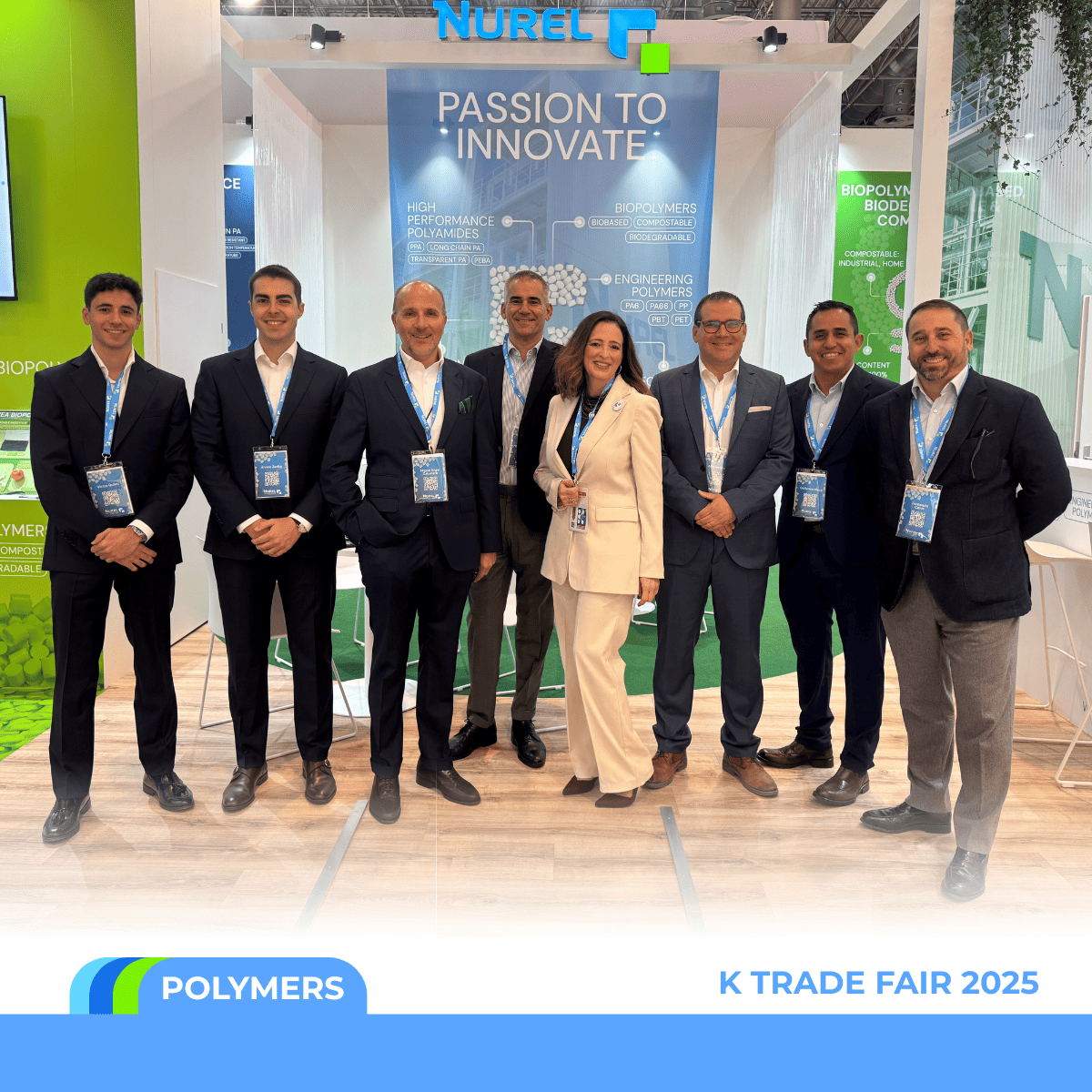50 years of experience in fiber and polymer production
PASSION TO INNOVATE
NUREL Synthetic Fibers leads the way in nylon innovation, offering a wide range of products in Nylon 6 and 66
Nurel Engineering Polymers offers five specialized product ranges: PROMYDE® (PA6, PA66, and copolyamides), PROXYLENE® (PBT and PET compounds), OLEXENE® (polypropylene compounds), RECOLINE® (recycled polymers), and ENOXITE® (polymers with barrier properties, controlled permeability, and water solubility).
NUREL Biopolymers provides biobased, compostable and biodegradable solutions for extrusion and injection molding
NUREL Injection Solutions specializes in the injection moulding of biopolymers, offering a comprehensive service from design to certification

Contact us
Discover our products
From its foundation in 1968 Fibras ESSO, after its acquisition by SAMCA Group in 1999 and up to today, NUREL has gone through different stages and we have adapted to the fast changes experienced in our social, economic and industrial surroundings.
new division INJECTION SOLUTIONS
Created to be sustainable, customised for you
The NOVIZON biodegradable cartridge wad is an innovative product designed for the environmentally conscious shooting enthusiast.
These cartridges are made from biopolymers that decompose in the soil, in accordance with the EN 17033 biodegradability standard. This standard ensures that the cartridges biodegrade naturally in the soil without leaving harmful residues, reducing their environmental impact.


NEW ENOXITE RANGE
BARRIER, SOLUBLE AND SMOKED
The ENOXITE line offers advanced solutions in functional polymers for packaging and food applications. Discover our 3 ranges:
ENOXITE BARRIER, for superior protection against gases and moisture.
ENOXITE WATER, water-soluble polymers for single-dose and biodegradable formats.
ENOXITE SMOKE, designed for smoked food casings with high barrier properties and excellent processability.
Developed to improve preservation, sustainability and technical performance, ENOXITE polymers are tailored to the current needs of the industry.



